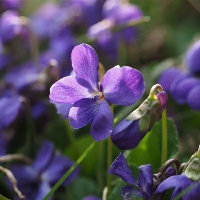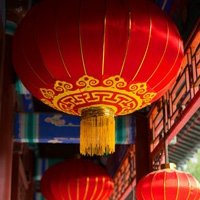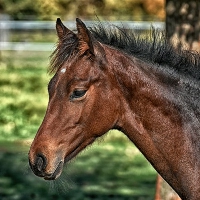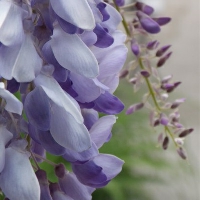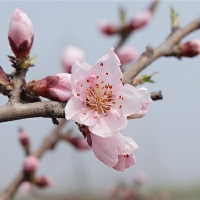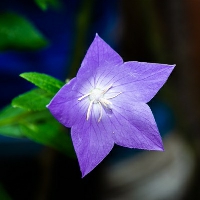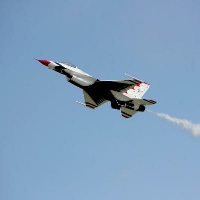The characteristics of the pool water: the water in the small stone pool is cool, clear, and makes a crisp sound when flowing. The Story of Little Stone Pond is the work of Liu Zongyuan, a poet of the Tang Dynasty. The full name is "To Xiaoshitan in the West of Xiaoqiu". It recounts the whole process of the author's visit, describes the scenery of "Little Stone Pond" in beautiful language, and implicitly expresses that the author cannot be relieved after being demoted
Expand Details